Williams credited his resurgence in the 1990s as a heavy-hitting character actor to John Frankenheimer, an acclaimed action director who also made realistic dramas and historical epics. Frankenheimer had been a close friend of Democratic presidential candidate Robert F. Kennedy, and watched him die in the kitchen of the ambassador hotel in Los Angeles. He was a left-leaning critic of racism and institutional rot. Frankenheimer earmarked plum roles for Williams that cast him as a sort of retaliatory karmic force or Max Cady-like tormentor from the streets, punishing soft, white, middle-class characters for their passive complicity in racism and their inability to conceive of how hard life could be for people born without advantages. Williams acted in four Frankenheimer projects—“52 Pick-Up,” “Against the Wall,” “Reindeer Games” and “George Wallace”—and was cast at Frankenheimer’s request in “The General’s Daughter,” a military thriller from director Simon West in which Frankenheimer had a pivotal role as an actor.
As the soft-spoken but lethal Bobby Shy, one of kidnappers in Frankenheimer’s Elmore Leonard adaptation “52 Pick-Up,” Williams subtly insinuated that the leader of the gang, John Glover’s Alan Raimy—one of the scariest villains in ‘80s cinema—was only in charge because Bobby allowed it. In the 1994 HBO film “Against the Wall,” one of the greatest TV movies of the ‘90s, Williams plays Chaka, the most brutal member of a group of Black inmates who seize control of Attica prison to protest inhumane conditions. The film contrasts Williams’ character, a ruthless man who believes in the efficacy of violence, with the leader of the group, Samuel L. Jackson’s Jamaal X, who thinks the group’s goals can only be achieved through negotiation. Here again, as in so many of his performances, Williams simply inhabits the character, without any special pleading or apologies. It’s not that he seems to want or expect us to see things through the character’s eyes. On the contrary, such a thought would never occur to him, because it would never occur to Chaka.
Frankenheimer’s “George Wallace,” about the segregationist governor and presidential candidate who repented for his racism late in life, cast Williams in a composite role as Wallace’s butler Archie. The character is a baleful, nearly silent, judging presence who (vaguely) represents the watchful eyes of Black Americans who at that point had little say in government. A mesmerizing scene shows Archie and Wallace fistfighting in the foyer of Wallace’s mansion, a former plantation, circling each other, enacting a metaphor for mid-twentieth century American race relations.
Frankenheimer considered Williams one of the greatest character actors of his lifetime, and once told this writer “Clarence’ll put the fear of God in you.” His appearance onscreen was an assurance that, for a scene or two at least, the story was in good hands, and would have truth, life, and surprise in it.
You can view the original article HERE.


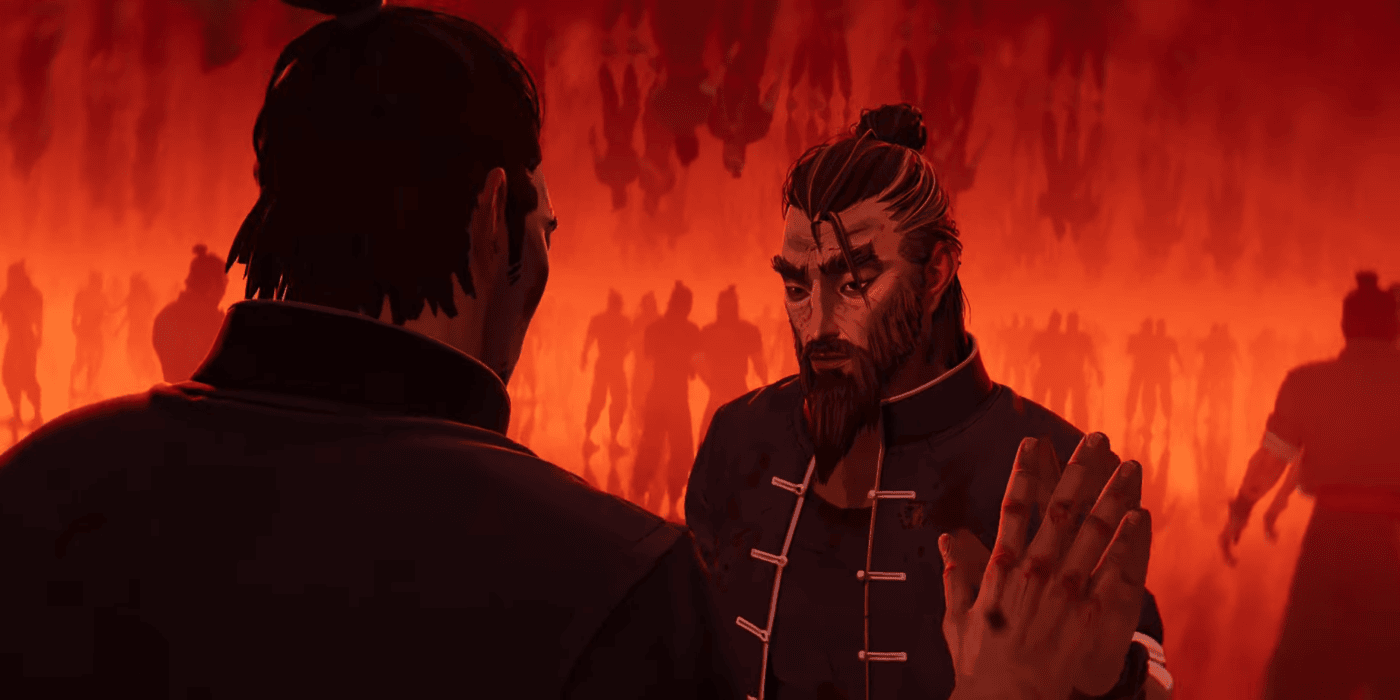

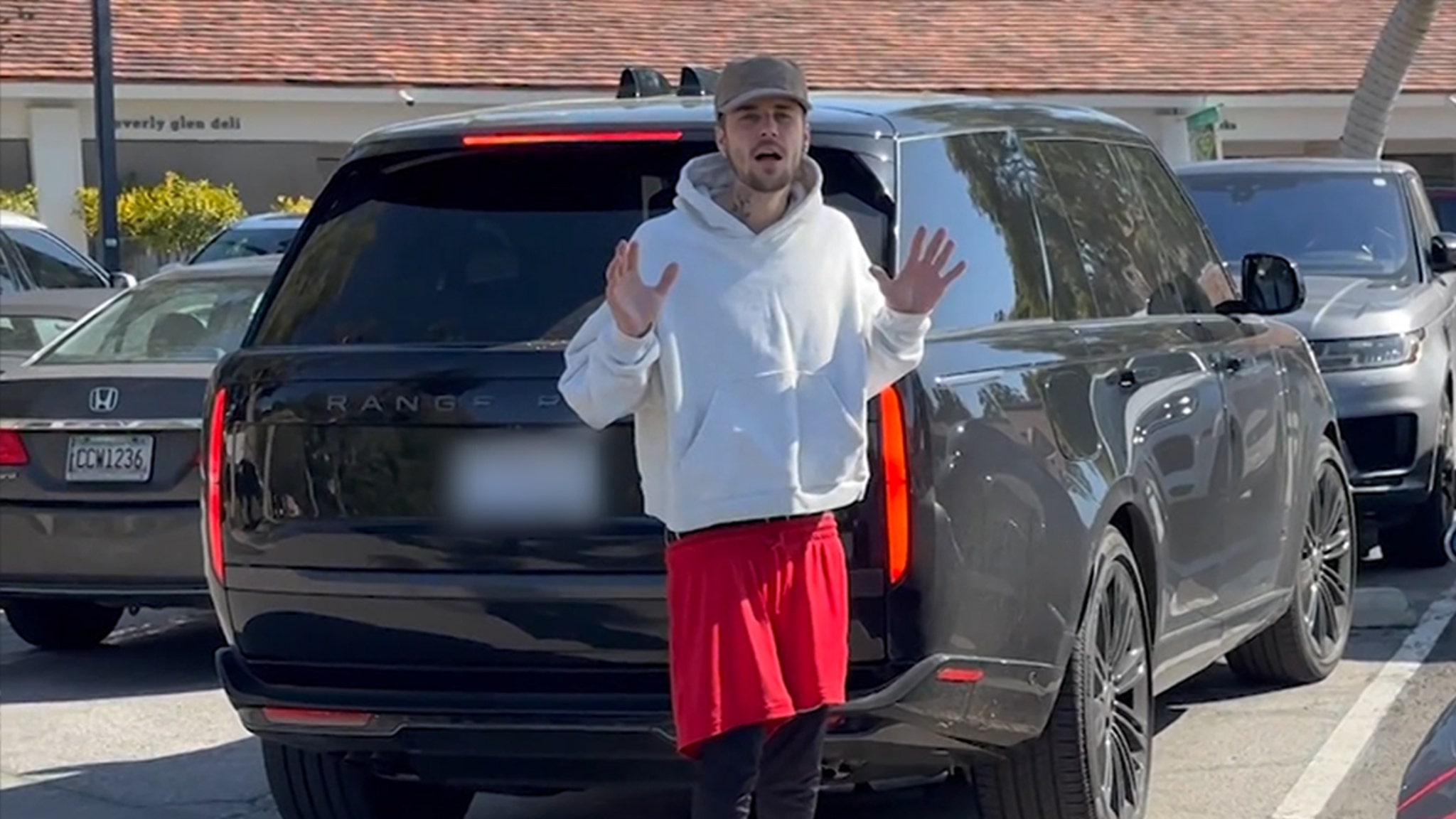
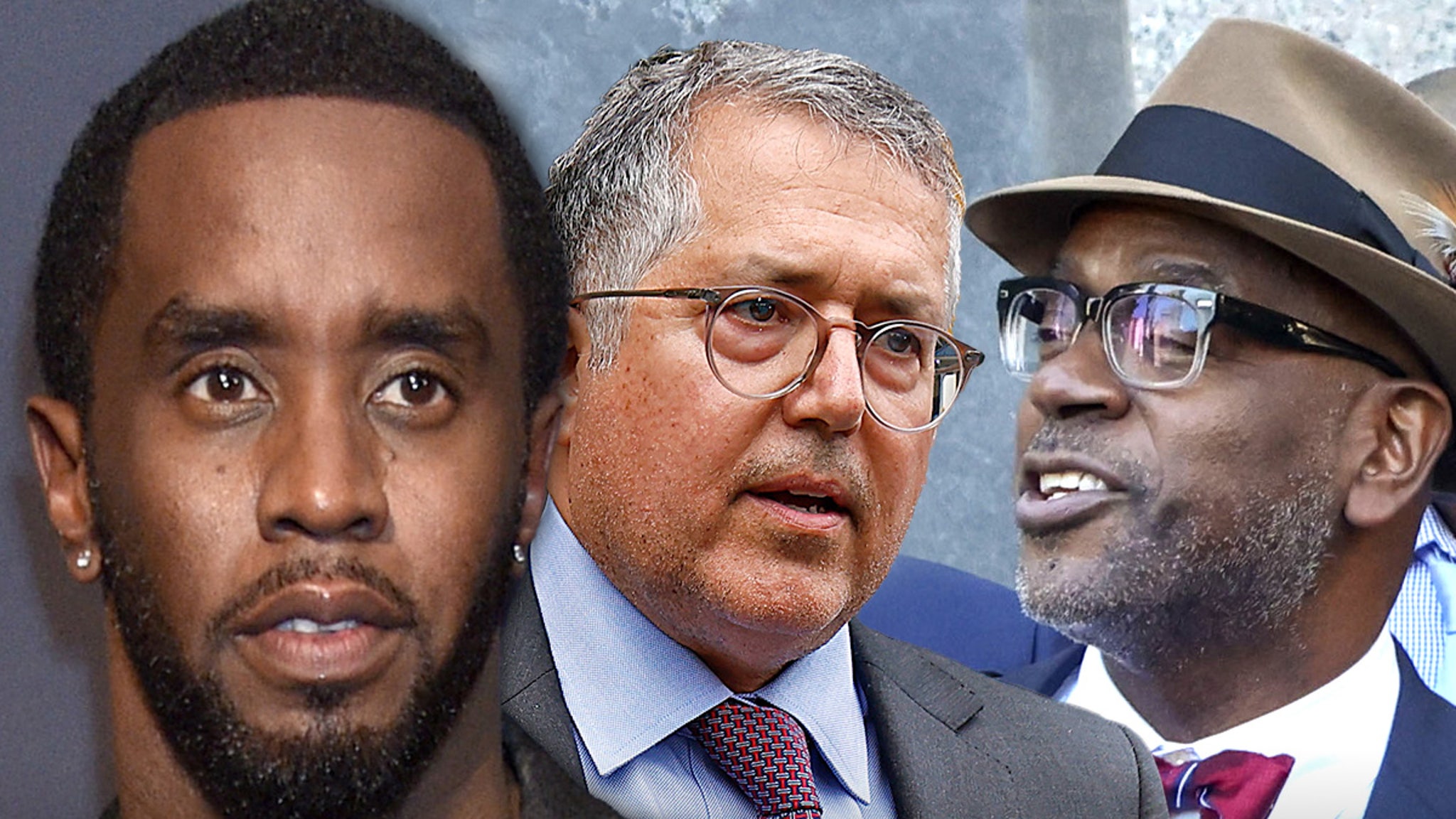
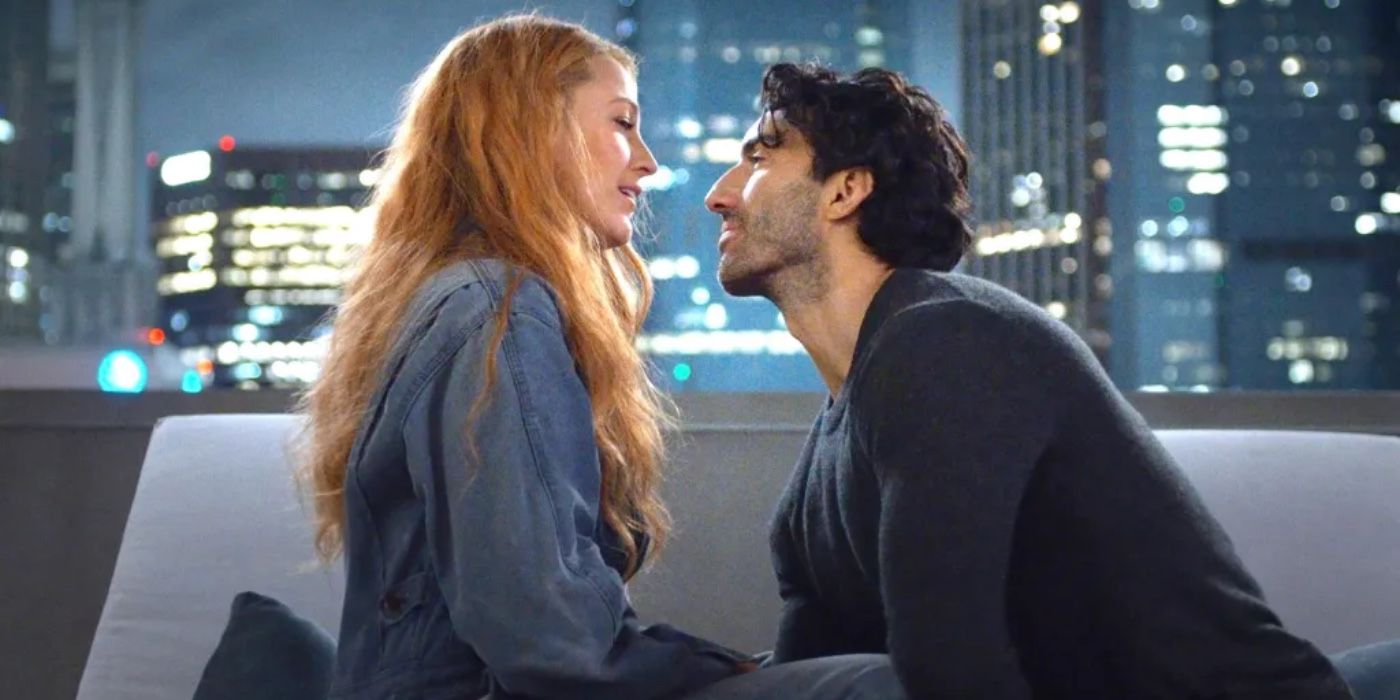
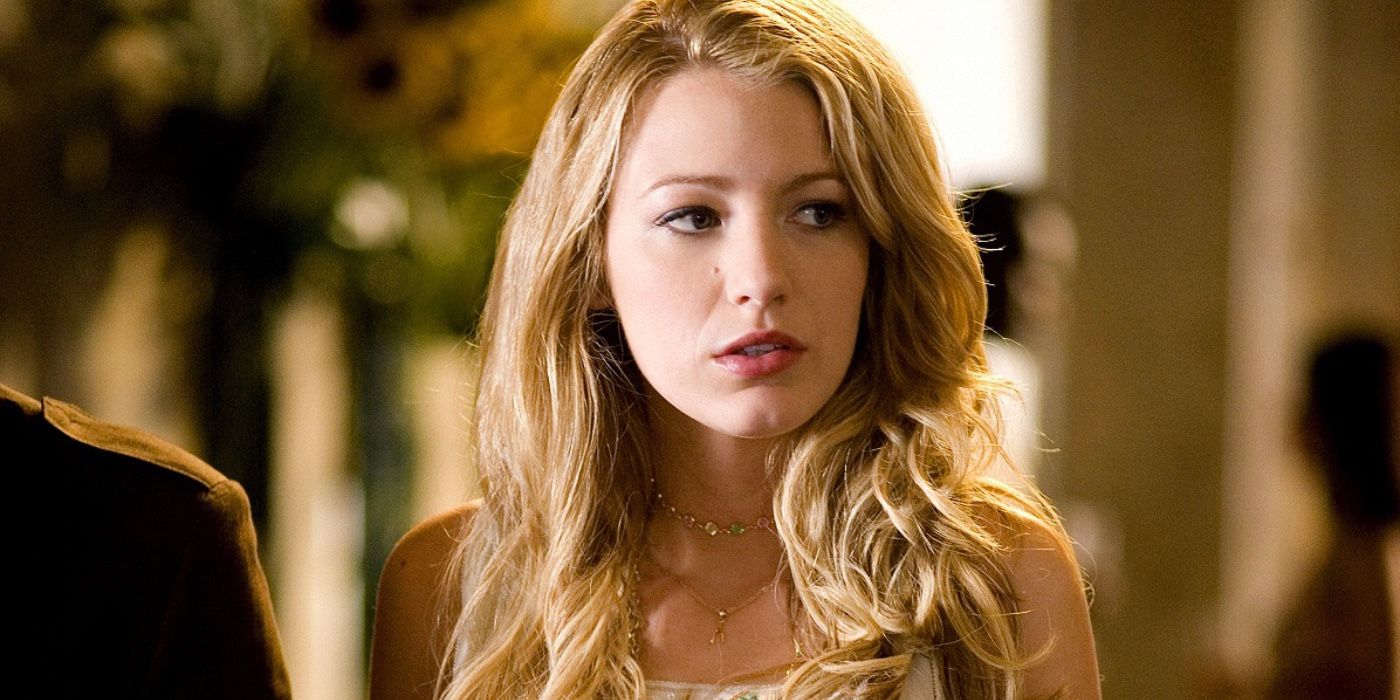


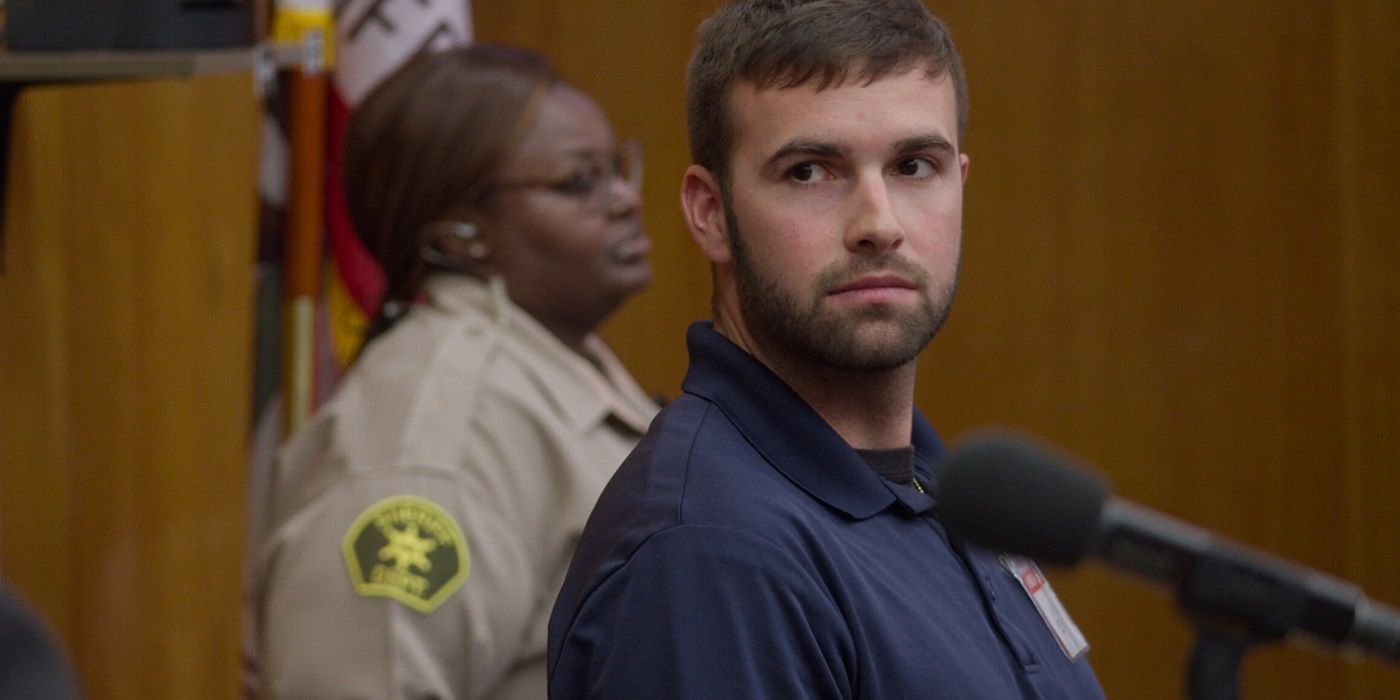


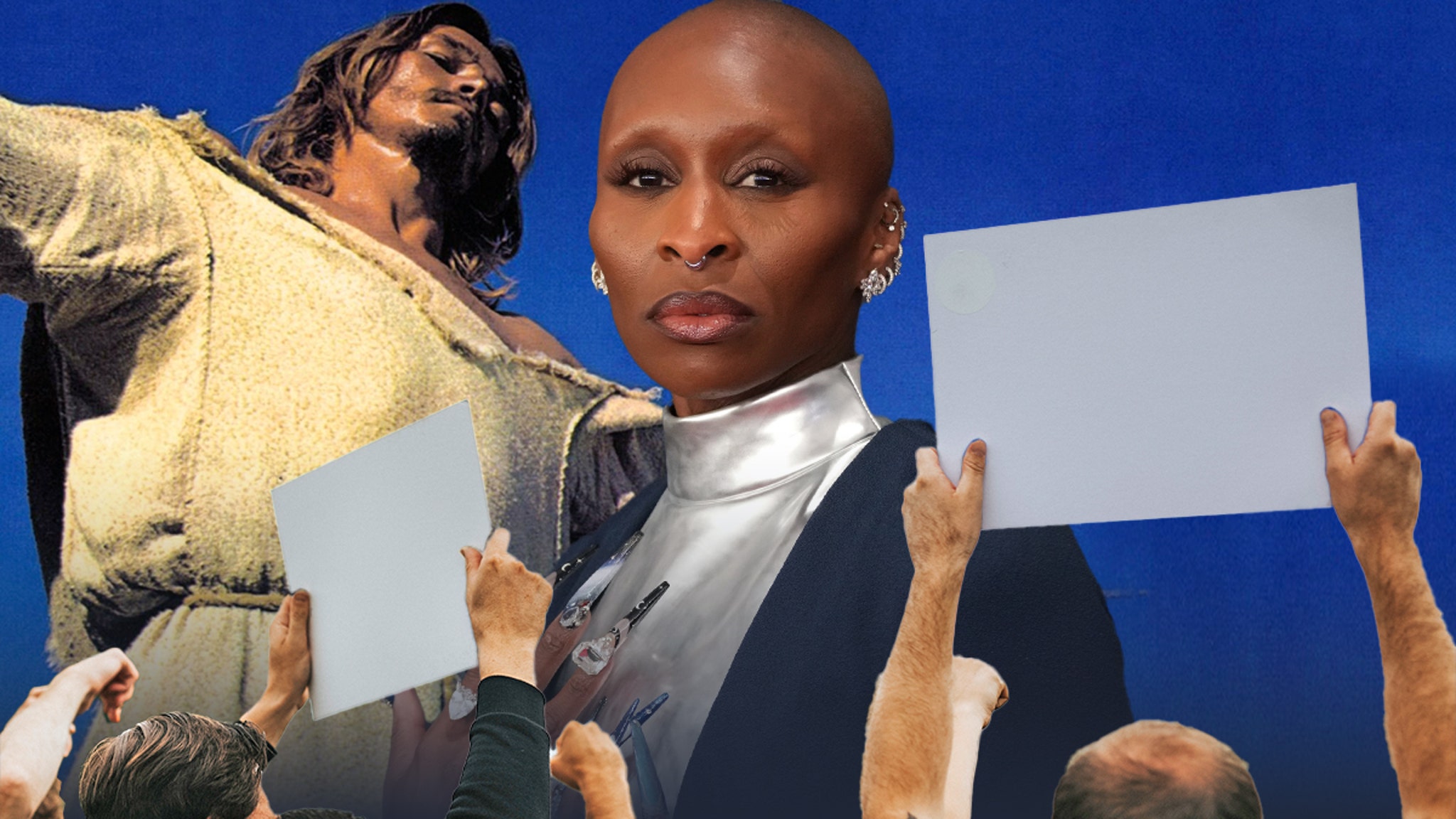

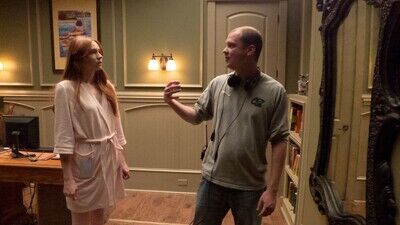

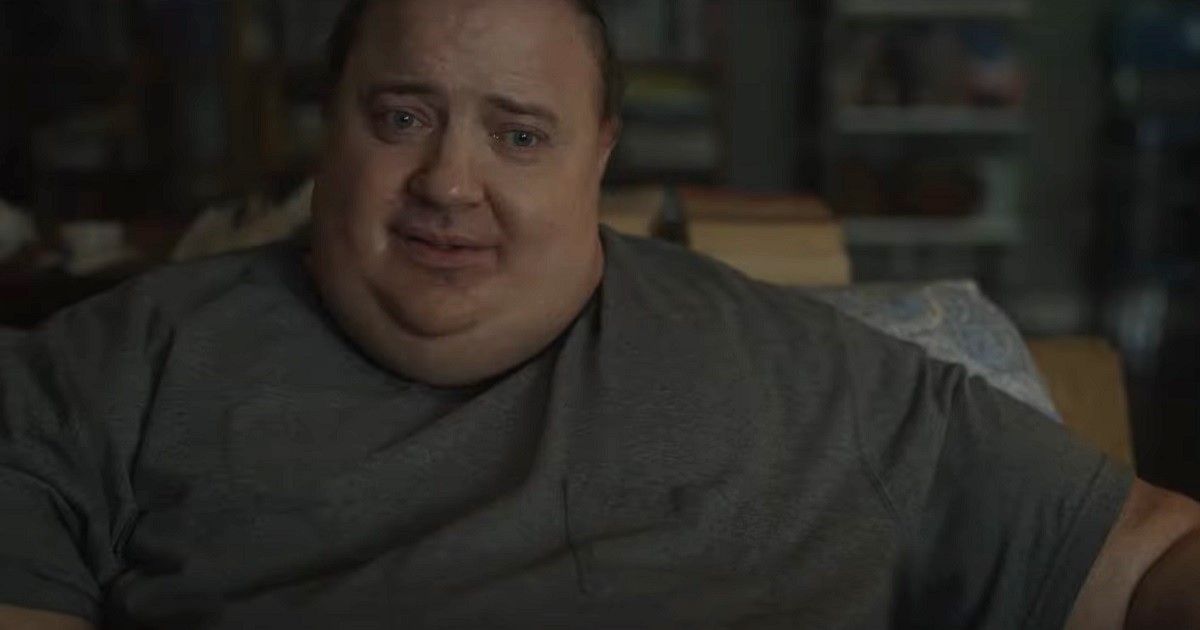




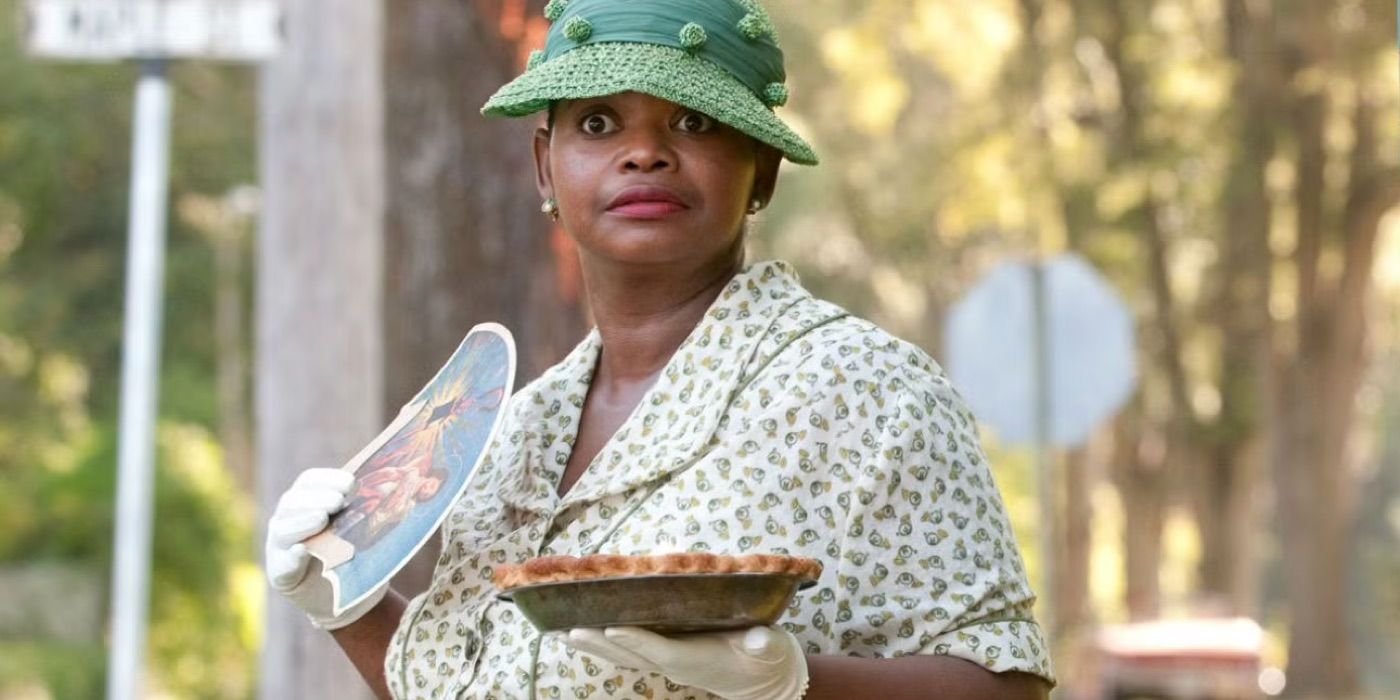







:quality(85):upscale()/2024/10/23/805/n/1922564/3c7878ba67193e463ea470.81388103_.png)